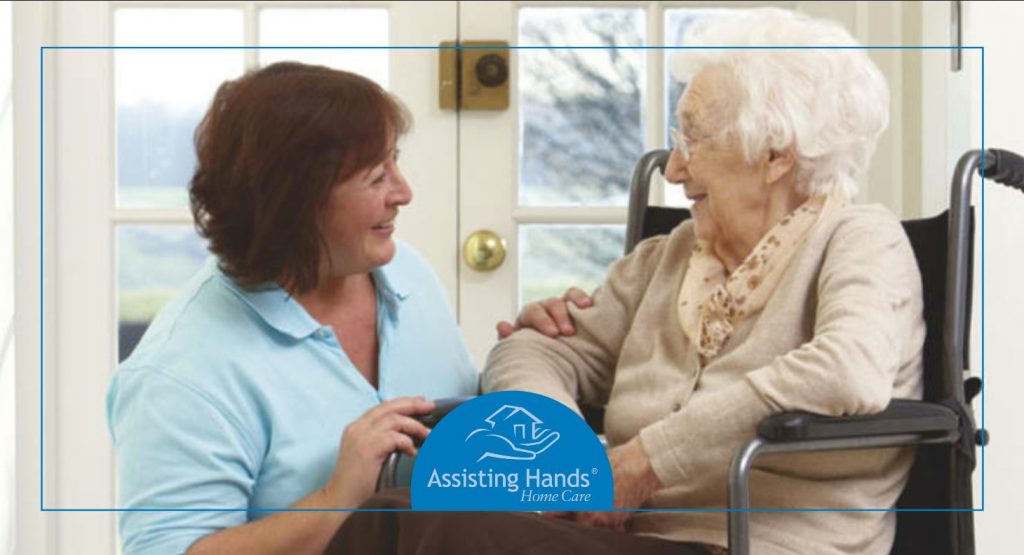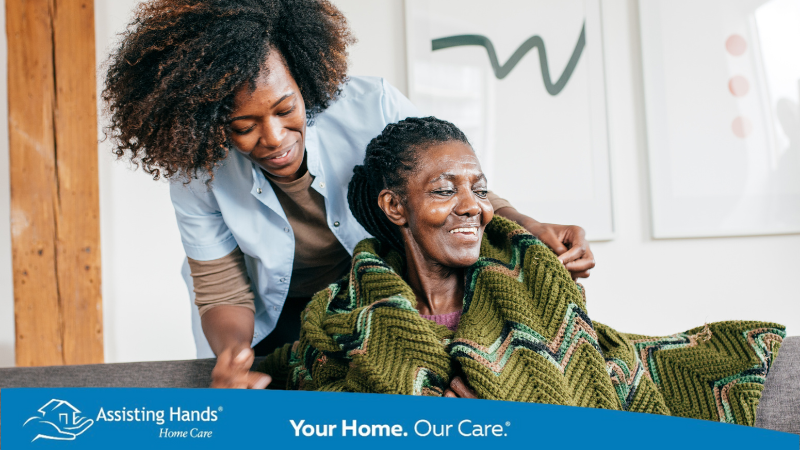
Old-age weakness, or fatigue, is common in elderly individuals. The aging process, emotional stress, medications or illnesses can contribute to tiredness in seniors. Old-age weakness can be overcome with the help of medical care or by making important lifestyle changes.
What is old-age weakness?
Fatigue may start to emerge as people grow older. Many people describe fatigue as sleepiness; however, a more accurate description of fatigue is a persistent lack of energy and motivation. Sleepiness can be overcome by quality rest—but seniors who experience fatigue do not feel rested after sleep.
Both physical and mental exhaustion accompany old-age weakness. Seniors who are fatigued lack the endurance to complete everyday activities. Relief from fatigue does not occur even after a full night’s sleep. Rather, the fatigued senior may nap throughout the day and sleep more at night.
What are physical symptoms of old-age weakness?
A range of physical symptoms may be present when a senior is affected by old-age weakness. Muscle weakness and pain are common. Headache, sleepiness and vision problems may occur. Constipation, diarrhea, bloating and weight loss are symptoms that occur alongside fatigue.
What are emotional symptoms of old-age weakness?
Depression, trouble concentrating and difficulty remembering are mental symptoms of fatigue. The senior’s response time will be noticeably slowed, as well. Anxiety, mood swings, and irritability are additional emotional symptoms of fatigue. Overall, the senior lacks the mental energy to perform tasks.
Stresses that result from financial problems can contribute to mental fatigue. Seniors who worry about their health or who lack a support system may also fall into states of emotional fatigue. Even feeling like one has zero control over her life will zap a senior’s mental energy levels.
What lifestyle habits help seniors overcome old-age weakness?
- Get adequate rest
Seniors who stay up too late will be tired the next day. A quality night’s rest is a precursor to feeling refreshed and energized the following morning. Maintain optimum energy levels throughout the day by going to sleep at night and waking up each morning on a consistent schedule.
- Avoid caffeine and alcohol
Drinking excessive amounts of teas, colas, and coffees late in the day robs a senior of a good night’s sleep. Seniors are advised to limit their caffeine intake during the day and avoid it altogether prior to going to bed. Similarly, refrain from drinking too much alcohol, which changes behavior.
- Eat nutritiously
Nutritious foods are loaded with the vitamins and minerals necessary to maintain energy levels throughout the day. Prepare nutrient-dense lunches, like seafood with sides of vegetables. Dinners should be packed with proteins from lean meats. Snacks can include fresh fruits and yogurt.
- Exercise moderately
A healthy dose of exercise gives seniors a boost of energy. However, older adults are urged to avoid incorporating too little or too much exercise into their schedules. Improve energy levels with exercise programs that combine balance and breathing, like tai chi or yoga.
- Quit smoking
Tobacco use is linked with a range of diseases that drain seniors of energy. Cancer, heart disease or breathing issues can be the adverse outcomes of smoking. In cancer patients, the chemotherapy or radiation treatments can deplete energy levels and contribute to increased fatigue.
- Ask for support
Seniors’ daily schedules may be overfilled, which can lead to overwhelming feelings. Rather than be swamped with tasks, older adults are encouraged to seek support with activities. Family members or professional caregivers can be the most reliable sources of help at home.
- Stay engaged
Boredom is among the many causes of fatigue. Retired seniors may have long stretches of days with nothing planned. Avoid the boredom and associated weakness through activities. Volunteering in the community and pursuing enjoyable recreational activities are two ways to reduce boredom.
- Visit a doctor
When unexplained fatigue persists for weeks, seniors are advised to schedule an appointment with a physician. A doctor will order lab tests and perform a physical evaluation to pinpoint physical causes of weakness. Conditions, like anemia or irregular thyroid activity, can be treated with medications.
Existing medical problems can contribute to old-age weakness. Chronic diseases, including diabetes, kidney disease and liver disease, may be the culprit when it comes to fatigue. A doctor can determine if sleep apnea is the cause of fatigue. Untreated pain may also be a trigger for feeling tired too often.
Certain medications can add to feelings of weakness. Taking antidepressants, antihistamines or drugs for pain and nausea may lead to chronic fatigue. A discussion with the physician can result in medication adjustments and a treatment plan to reduce the fatigue.

Feeling weak oftentimes has a specific, underlying cause—one that can be treated. Seniors who experience old-age weakness can modify their habits and improve their condition. Professional caregivers from Assisting Hands Home Care can help seniors make the transition to a healthier lifestyle.
As a leader in dignified elder care, Assisting Hands Home Care supports countless local seniors in the comfort of home. Our in-home care services are all-encompassing, ranging from help with daily routines, transportation, and light housekeeping to grocery shopping and companionship.
Personal care support services include help with bathing, grooming and toileting. Seniors who are immobile receive essential transfer assistance, enabling them to navigate throughout their home with ease. Our elder care services start from when the senior awakens until she goes to bed at night.
Assisting Hands Home Care services are flexible and meet a variety of scheduling needs. Professional caregivers are also available for 24-hour care, live-in care, respite care, after-surgery home care, and hospice care. We are a compassionate provider of dementia and Alzheimer’s care, too.
Seniors and their families living in Glen Ellyn, Warrenville, Naperville, Westmont, Woodridge, Lisle, Wheaton, IL and surrounding areas are encouraged to give Assisting Hands Home Care a call. We’ll set up an in-home consultation and prepare a customized elder care plan. Join the many satisfied seniors and families who count on our home care services for dependable, in-home support. Call us at (630) 634-9316 today.
















